Liraglutide 1mg & 3mg (GLP-1 Analogue) (3mg x 10 Vials = 30mg total)
SKU
$230.00 – $475.00
Liraglutide 1mg (GLP-1) (1mg x 10 Vials = 10mg total). GLP-1 is a peptide that occurs naturally in blood sugar levels to boost insulin secretion. Studies with research peptide GLP-1/Liraglutide 1mg show it to be effective in improving liver, lung and heart health. Plus, it helps slow down or possibly prevent Alzheimer’s disease. Liraglutide 1mg can reduce appetite significantly and reduce weight, and prevent diabetes 1.
Liraglutide is a derivative of GLP-1, a naturally occurring peptide known to lower blood sugar levels and enhance insulin secretion. Research shows that Liraglutide (GLP-1 Analogue) may also improve heart, liver, and lung function while helping to slow or prevent the effects of Alzheimer’s disease. Liraglutide has been shown to significantly decrease appetite by delaying gastric emptying and reducing intestinal motility. Liraglutide has been modified to have a longer half-life and more favorable pharmacokinetics.
GLP-1 is also known as Glucagon-like peptide-1 and is a research peptide which is still being examined. Studies so far have found it to be effective in weight loss in diabetic patients. The main action is it sends messages between the brain and the gastrointestinal tract and takes action against eating too much.
PRODUCT USAGE WARNING : This PRODUCT IS INTENDED AS A RESEARCH CHEMICAL ONLY. This designation allows the use of research chemicals strictly for in vitro testing and laboratory experimentation only. All product information available on this website is for educational purposes only. Bodily introduction of any kind into humans or animals is strictly forbidden by law. This product should only be handled by licensed, qualified professionals. This product is not a drug, food, or cosmetic and may not be misbranded, misused or mislabled as a drug, food or cosmetic.
Description
BUY LIRAGLUTIDE GLP-1 ANALOGUE PEPTIDE FOR SALE ONLINE
Liraglutide and Glucagon-Like Peptide-1 Overview
GLP-1, short for glucagon-like peptide-1 is a short, naturally occurring peptide hormone just 30-31 amino acids in length. Its primary physiologic function is to lower blood sugar levels by naturally enhancing insulin secretion. It also plays roles in protection beta cell insulin stores by promoting insulin gene transcription and has been linked with neurotrophic effects in the brain and central nervous system. In the GI system, GLP-1 has been shown to significantly decrease appetite by delaying gastric emptying and reducing intestinal motility. Preliminary research has shown impacts of GLP-1 in the heart, fat, muscles, bones, liver, lungs, and kidneys as well.
The primary focus of GLP-1 research has been in the realm of diabetes treatment/prevention as well as appetite suppression. Secondary research focuses on the potential cardiovascular benefits of the peptide. More recent, and thus less robust, research focuses on the ability of GLP-1 to stave off neurodegenerative disease. Though this latter area of research is newest, it is also the fast-growing area of GLP-1 study now that the peptide has been revealed to slow or prevent the accumulation of amyloid beta plaques in the setting of Alzheimer’s disease.
Liraglutide GLP-1 Analogue Peptide For Sale online only at USA Peptide Store where you can buy USA Research Peptides online. Shop over 100 research peptides online now for fast shipping and the best deal! Buy in bulk and Save! USA Peptide Store Your #1 Trusted USA Research Peptides Supplier.
If this product does not meet your needs or interests, you may want to look at LL-37 Peptide 5mg (CAP-18). Please visit this link for further information on our Other Peptides
Liraglutide Structure
Source: PubChem
Sequence: HAEGTFTSDVSSYLEGQAALEFIATLVRGRG-OH.palmitoyl-E
Molecular Formula: C172H265N43O51
Molecular Weight: 3751.24 g/mol
PubChem CID: 16134956
CAS Number: 204656-20-2
Synonyms: Liraglutide, Victoza, Saxenda, Liraglutidea, NN2211, Liraglultidum
Liraglutide and GLP-1 Research
The Incretin Effect of GLP-1
Perhaps the most important effect that GLP-1 has, according to Dr. Holst, is referred to as the “incretin effect.” Incretins are a group of metabolic hormones, released by the GI tract, that cause a decrease in blood glucose (sugar) levels. GLP-1 has been shown to be one of the two most important hormones (the other being GIP) to stimulate the incretin effect in rodent models. Though GIP circulates at levels roughly 10 times higher than that of GLP-1, there is evidence that GLP-1 is the more potent of the two molecules, particularly when levels of blood glucose are quite high.
A GLP-1 receptor has been identified on the surface of pancreatic beta cells, making it clear that GLP-1 directly stimulates the exocytosis of insulin from the pancreas. When combined with sulfonylurea drugs, GLP-1 has been shown to boost insulin secretion enough to cause mild hypoglycemia in up to 40% of subjects. Of course, increased insulin secretion is associated with a number of trophic effects including increased protein synthesis, reduction in the breakdown of protein, and increased uptake of amino acids by skeletal muscle.
GLP-1 and Beta Cell Protection
Research in animal models suggests that GLP-1 can stimulate the growth and proliferation of pancreatic beta cells and that it may stimulate the differentiation of new beta cells form progenitors in the pancreatic duct epithelium. Research has also shown that GLP-1 inhibits beta cell apoptosis. Taken in sum, these effects tip the usual balance of beta cell growth and death toward growth, suggesting that the peptide may be useful in treating diabetes and in protecting the pancreas against insult that harms beta cells.
In one particularly compelling trial, GLP-1 was shown to inhibit the death of beta cells caused by enhanced levels of inflammatory cytokines. In fact, mouse models of type 1 diabetes have revealed that GLP-1 protects islet cells from destruction and may, in fact, be a useful means of preventing onset of the type 1 diabetes.
GLP-1 and Appetite
Research in mouse models suggests that administration of GLP-1, and its similar cousin GLP-1, into the brains of mice can reduce the drive to eat and inhibit food intake. It appears that GLP-1 may actually enhance feelings of satiety, helping individuals to feel fuller and reducing hunger indirectly. Recent clinical studies have shown in mice that twice daily administration of GLP-1 receptor agonists cause gradual, linear weight loss. Over a long period, this weight loss is associated with significant improvement in cardiovascular risk factors and a reduction in hemoglobin A1C levels, the latter of these being a proxy marker for the severity of diabetes and the quality of blood sugar control attained via treatment.
Potential Cardiovascular Benefits of GLP-1
It is now know that GLP-1 receptors are distributed throughout the heart and act to improve cardiac function in certain settings by boosting heart rate and reducing left ventricular end-diastolic pressure. The latter may not seem like much, but increased LV end-diastolic pressure is associated with LV hypertrophy, cardiac remodeling, and eventual heart failure.
Recent evidence has even suggested that GLP-1 could play role in decreasing the overall damaged caused by a heart attack. It appears that the peptide improves cardiac muscle glucose uptake, thereby helping struggling ischemic heart muscle cells to get the nutrition they need to continue functioning and avoid programmed cell death. The increase in glucose uptake in these cells appears to independent of insulin.
Large infusions of GLP-1 into dogs have been shown to improve LV performance and reduce systemic vascular resistance. The latter effect can help to reduce blood pressure and ease strain on the heart as a result. This, in turn, can help to reduce the long-term consequences of high blood pressure such as LV remodeling, vascular thickening, and heart failure. According to Dr. Holst, administration of GLP-1 following cardiac injury has “constantly increased myocardial performance both in experimental animal models and in patients.”
Size of damage in heart in control mice (A), mice given standard vasopressin therapy (B), and mice give GLP-1 (C).
Source: Diabetes Journal
GLP-1 and the Brain
There is some evidence to suggest that GLP-1 can improve learning and help to protect neurons against neurodegenerative diseases such as Alzheimer’s disease. In one study, GLP-1 was shown to enhance associative and spatial learning in mice and even to improve learning deficits in mice with specific gene defects. In rats that over-express the GLP-1 receptor in certain regions of the brain, learning and memory are both significantly better than in their normal controls.
Additional research in mice has shown that GLP-1 can help to protect against excitotoxic neuron damage, completely protecting rat models of neurodegeneration against glutamate-induced apoptosis. The peptide can even stimulate neurite outgrowth in cultured cells. Researchers are hopeful that additional research on GLP-1 will reveal how it might be used to halt or reverse certain neurodegenerative diseases.
Interestingly, GLP-1 and its analogue exendin-4 have been shown in mouse models to reduce levels of amyloid-beta in the brain as well as the beta-amyloid precursor protein found in neurons. Amyloid beta is the primary component of the plaques observed in Alzheimer’s disease, plaques which, while not necessarily known to be causative, are associated with the severity of the disease. It remains to be seen if preventing amyloid beta accumulation can protect against the effects of Alzheimer’s disease, but this research is, at the very least, a tantalizing clue as to how scientists my intervene in the progression of mild cognitive impairment to full Alzheimer’s disease.
Liraglutide GLP-1 Analogue exhibits minimal to moderate side effects, low oral and excellent subcutaneous bioavailability in mice. Per kg dosage in mice does not scale to humans. Liraglutide GLP-1 Analogue Peptide for sale at USA Peptide Store is limited to educational and scientific research only, not for human consumption. Only buy Liraglutide GLP-1 Analogue if you are a licensed researcher.
Buy Wholesale Liraglutide GLP-1 Analogue Peptide From USA Peptide Store
At USA Peptide Store, our research peptides are of the highest purity and pharmaceutical grade. Our Liraglutide GLP-1 Analogue Peptide comes in 1mg and 3mg (3mg x 10 Vials = 30mg total). We’re passionate about our products, and we always strive to provide our customers with the best in both selection and quality. All of the products we provide are tested to verify authenticity and purity, so you can conduct your research with confidence.
Searching for Liraglutide GLP-1 Analogue Peptide for sale? Look no further! Our online peptide store offers a wide range of Liraglutide GLP-1 Analogue Peptide, perfect for your research needs. Whether you’re in the United States, Australia, Canada, Germany, Sweden, France, Turkey, Thailand, Italy, Netherlands or the United Kingdom, we have you covered. We provide fast and secure shipping to multiple countries, ensuring that you receive your order conveniently and on time. Purchase Liraglutide GLP-1 Analogue Peptide that are now available for sale and in stock. With our competitive prices and extensive inventory, you can trust us to be your reliable source for Liraglutide 1mg & 3mg (GLP-1 Analogue) (3mg x 10 Vials = 30mg total).
Want to learn more about our products or have a question about payment options? Our customer service team is here to help. So, what are you waiting for? order Liraglutide GLP-1 Analogue Peptide For Sale and experience first-hand quality service, prompt response and quick shipping. Stock up on the highest quality Liraglutide GLP-1 Analogue Peptide For Sale and more at USA Peptide Store today.
Additional Information
| Quantity | 1 mg, 3 mg x 10 Vials = 30mg total |
|---|
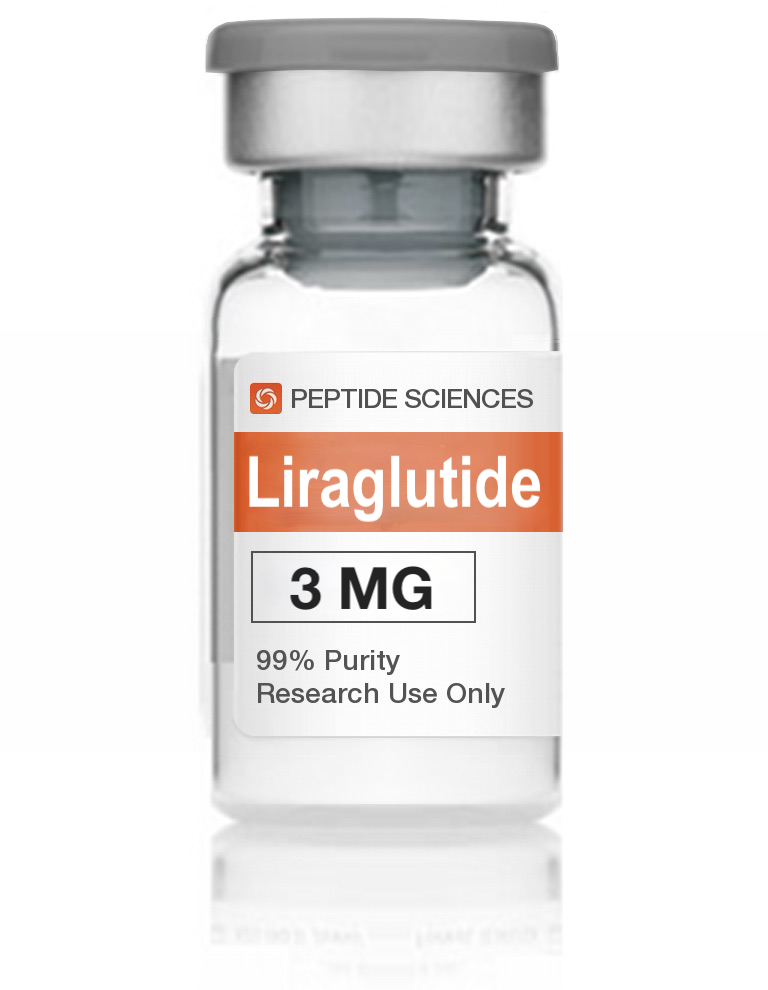
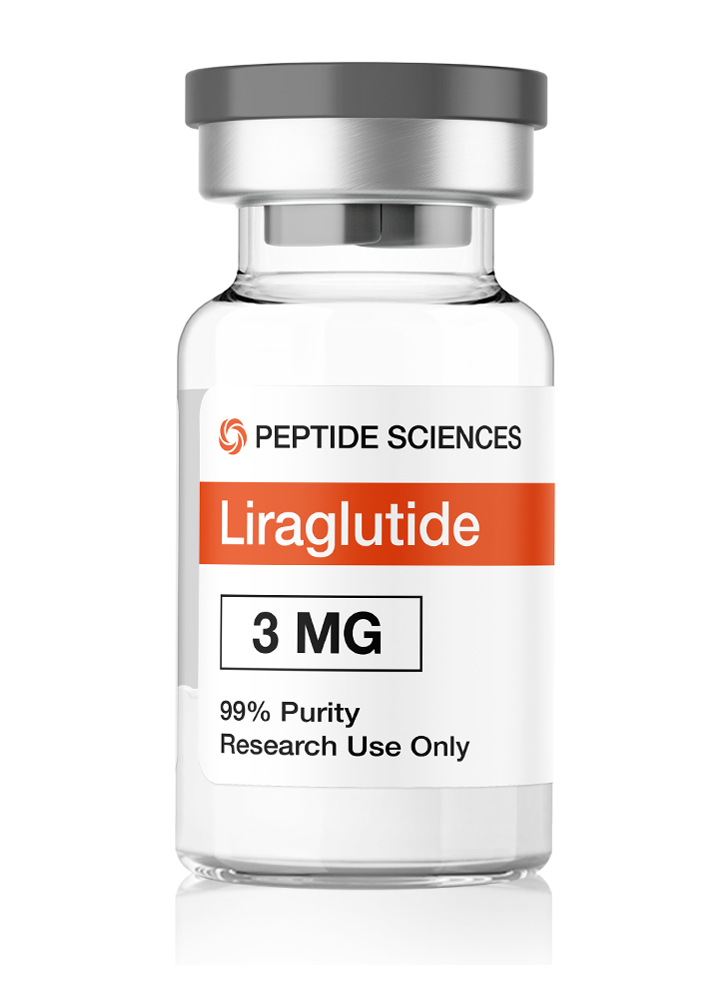
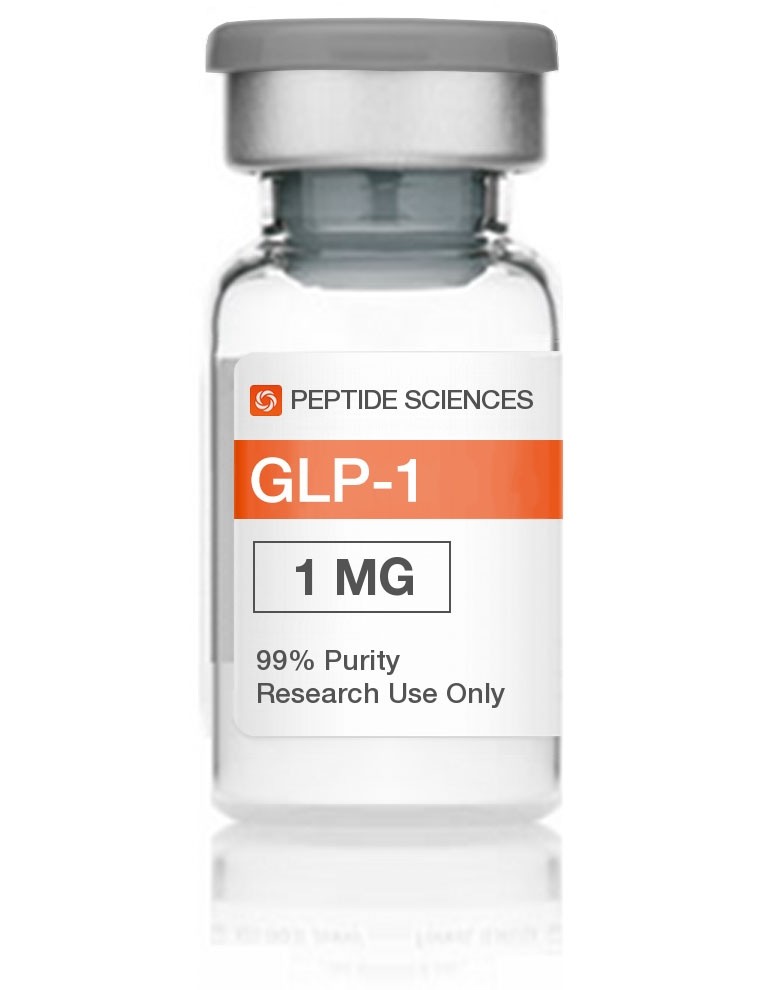
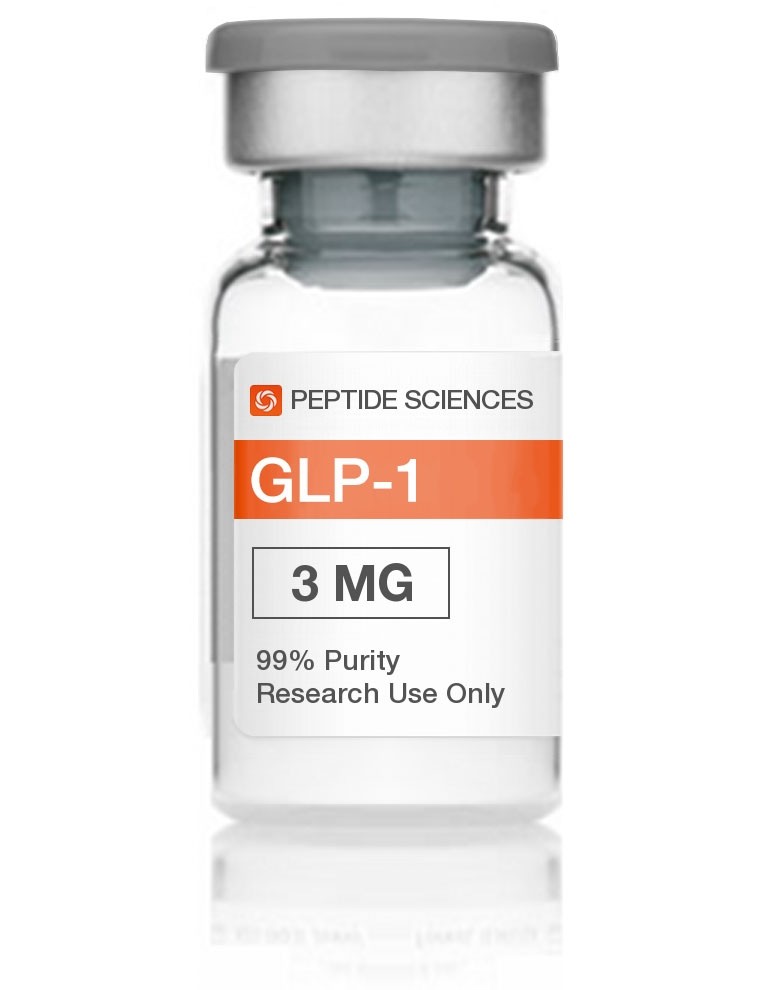
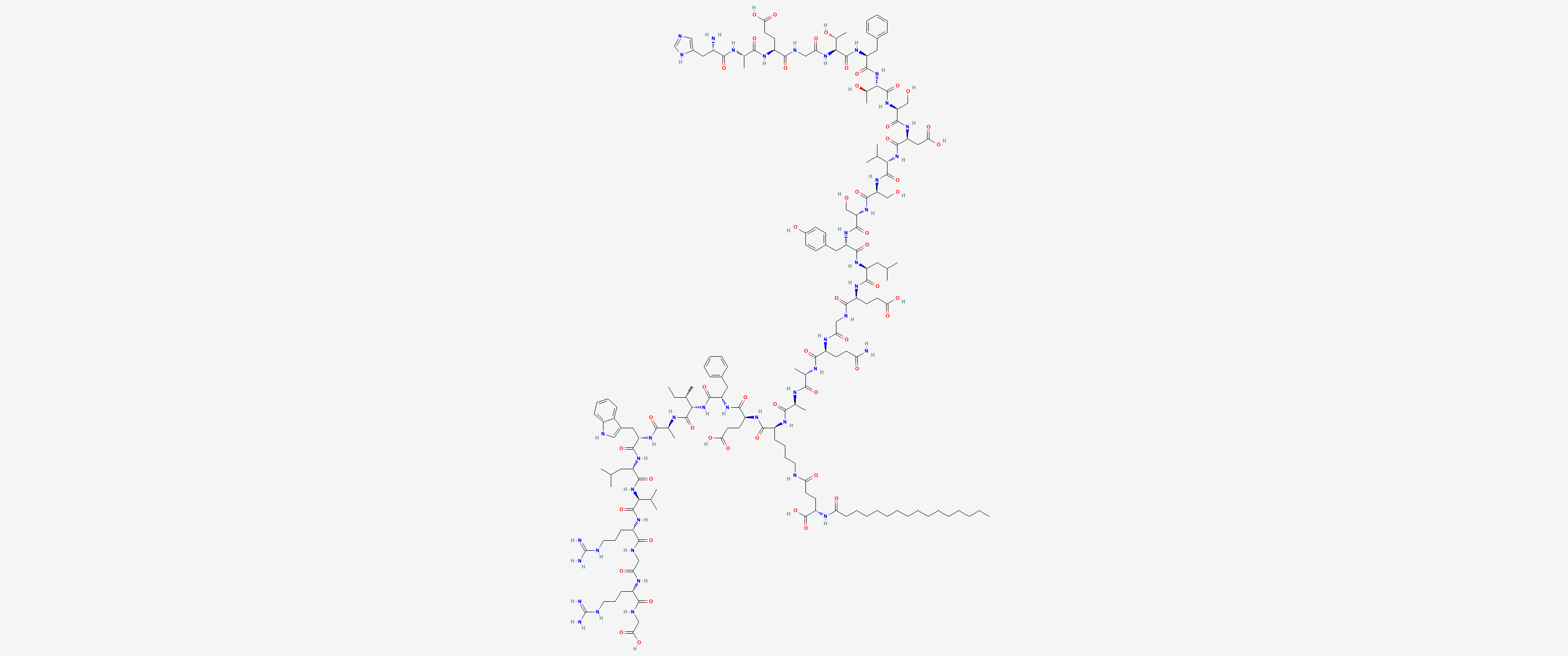
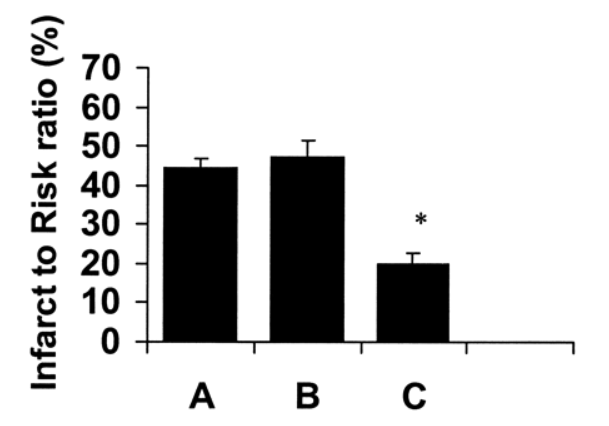
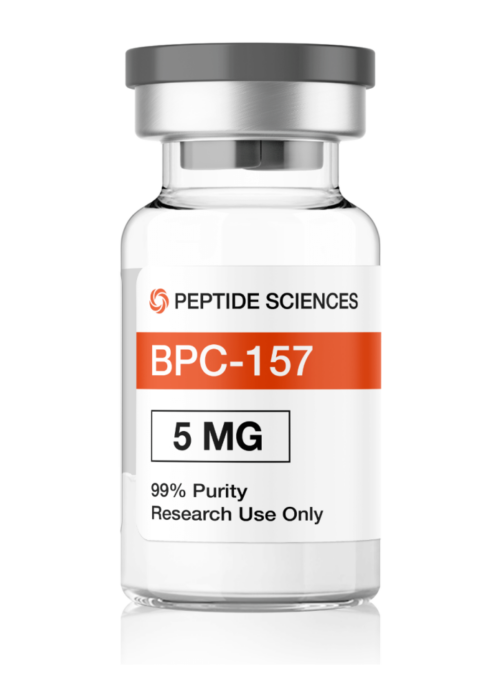
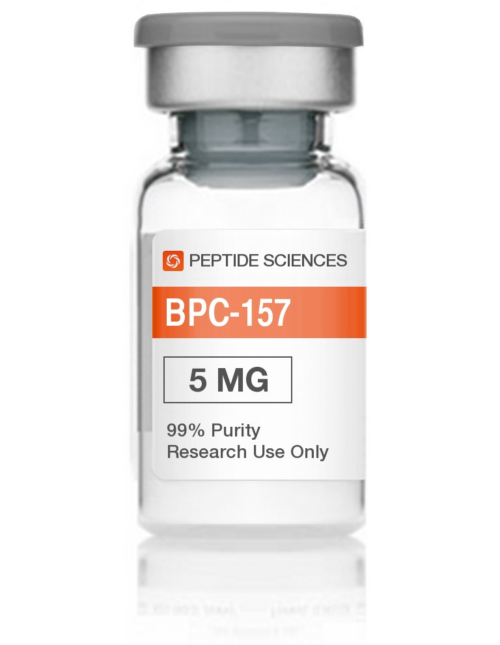
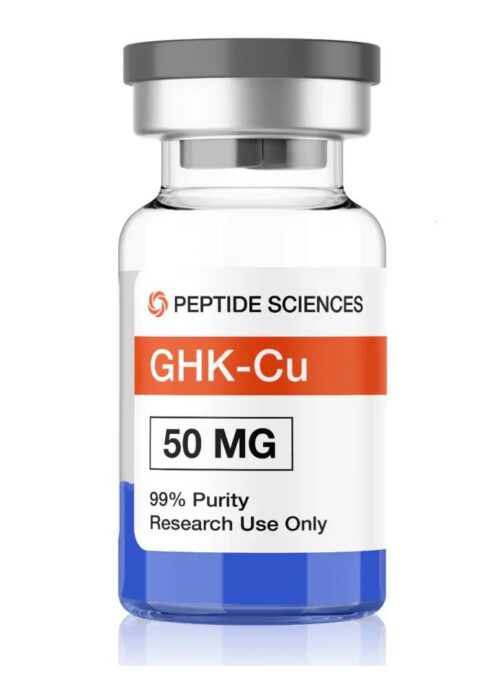
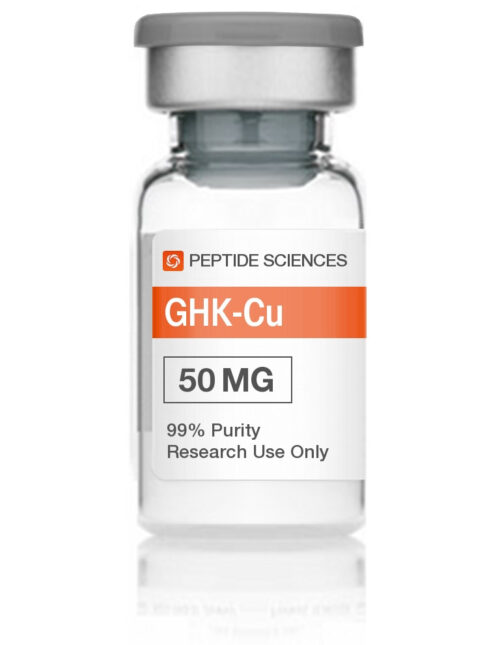
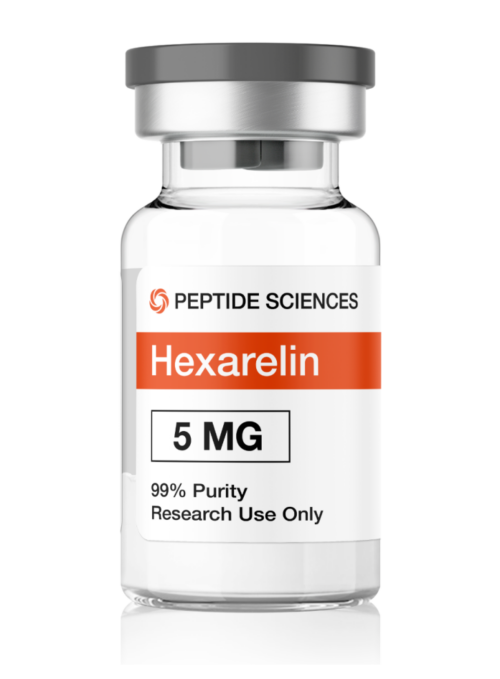
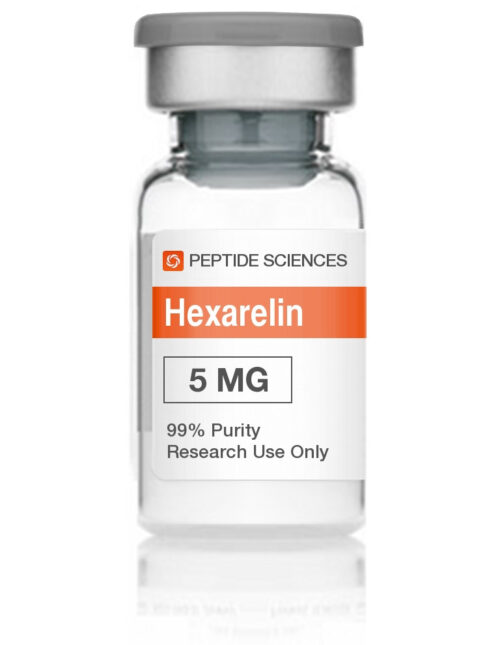
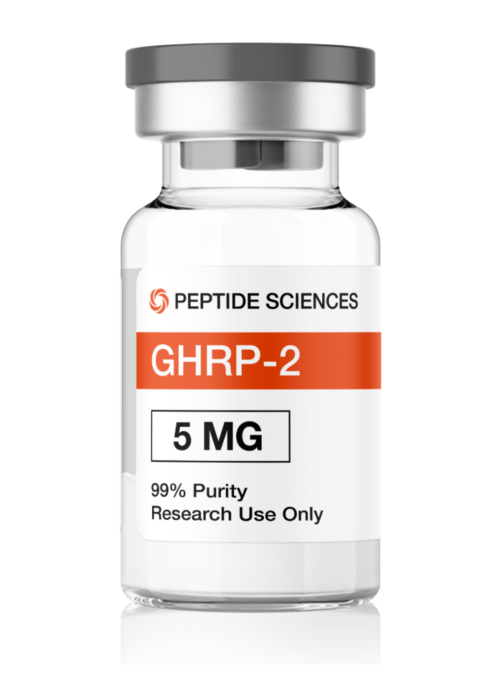
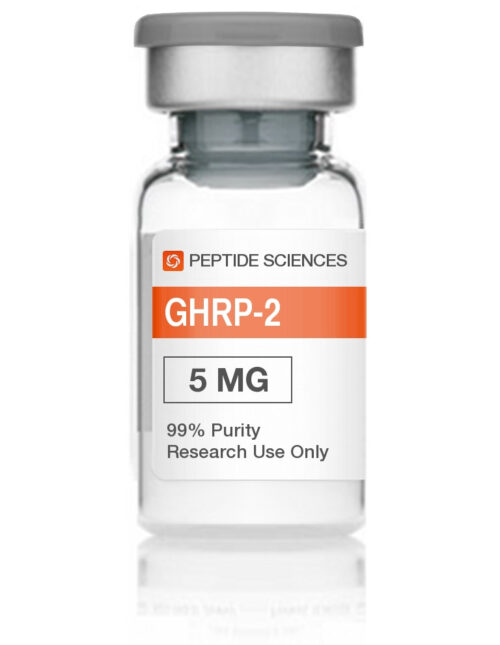
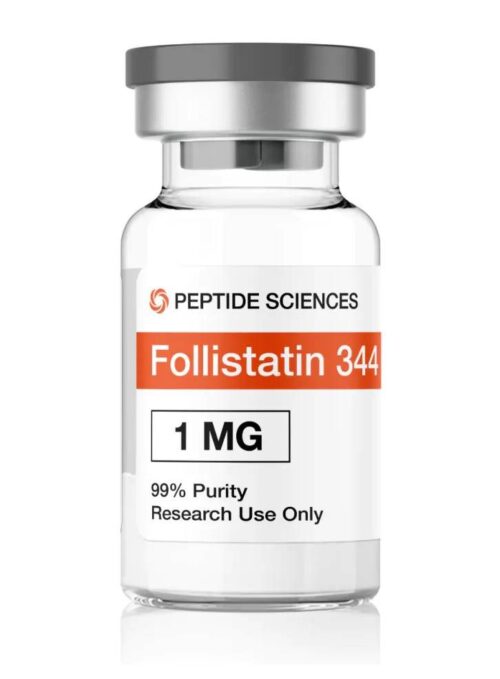
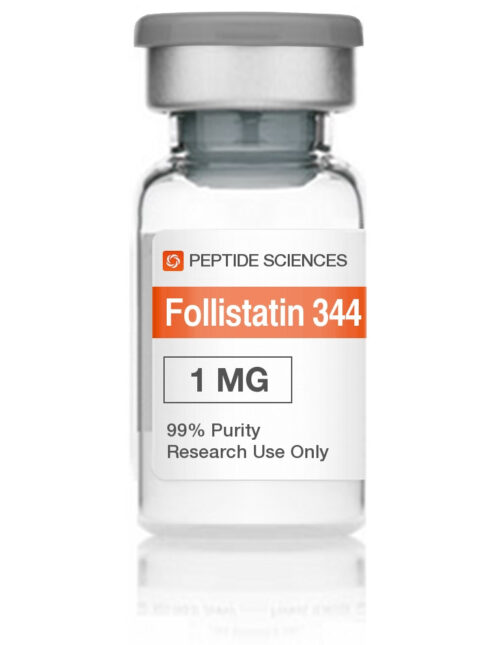
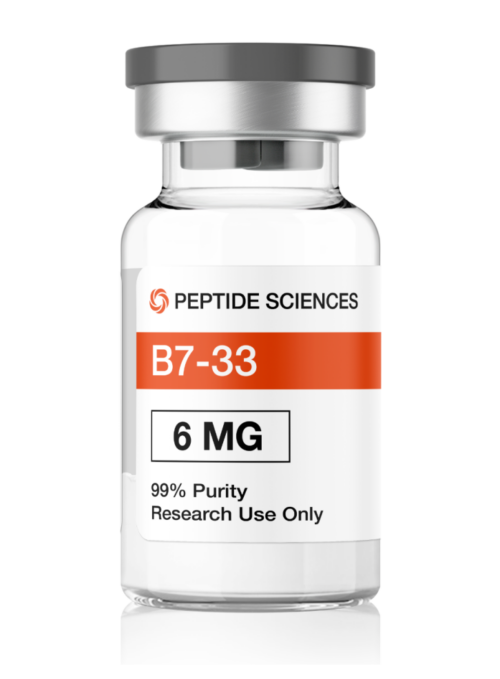
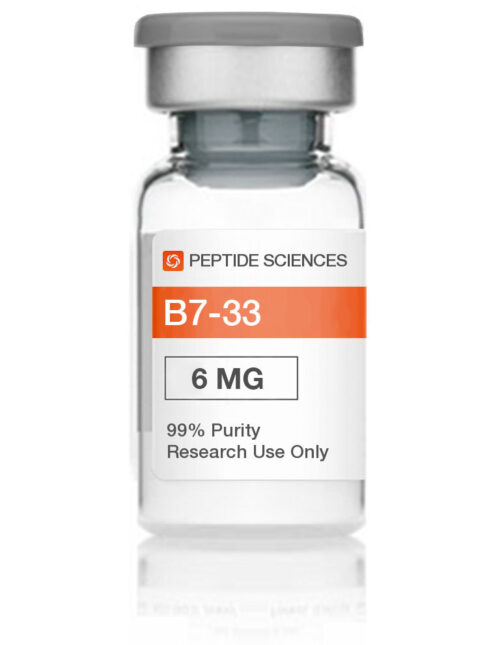
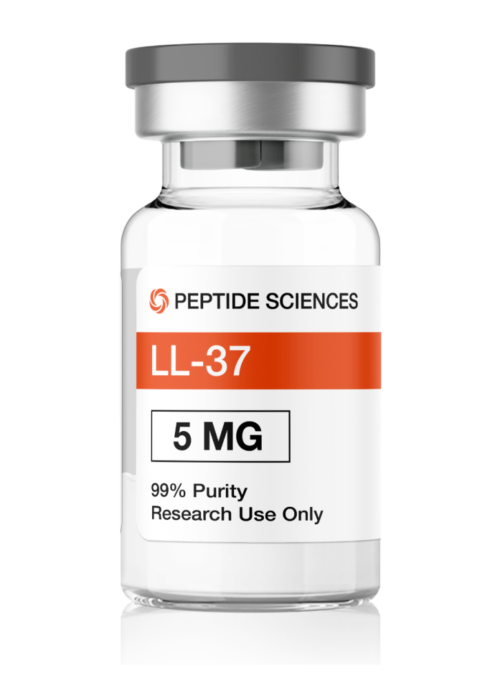
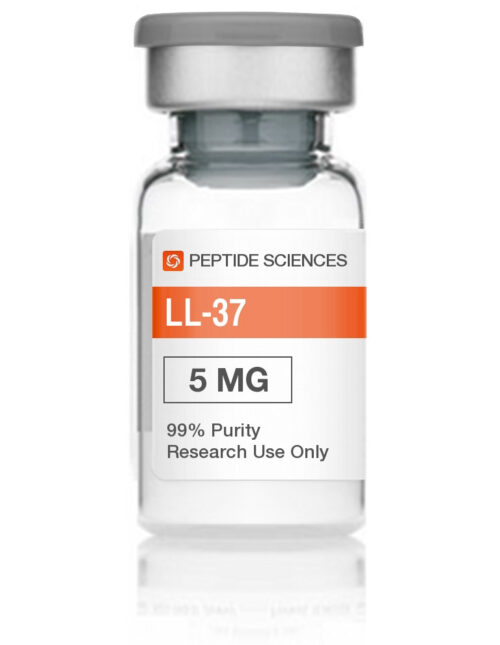
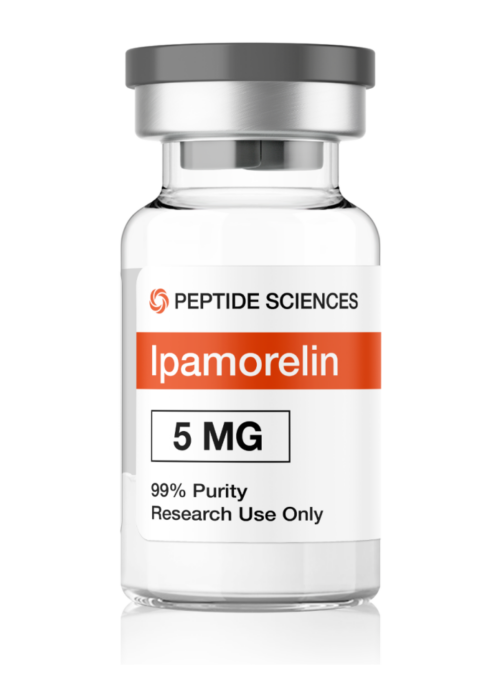
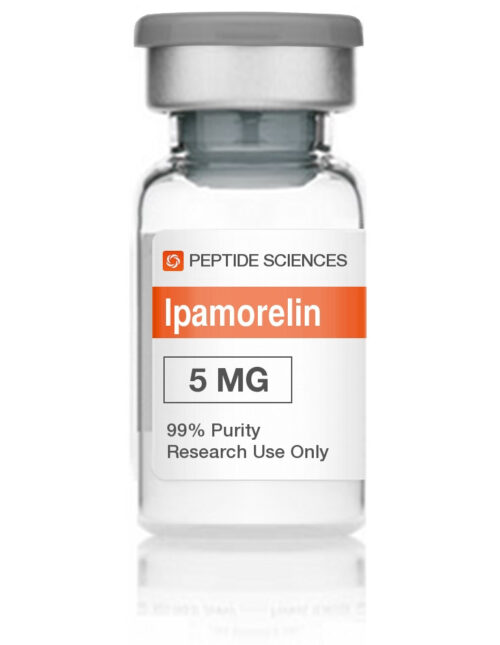

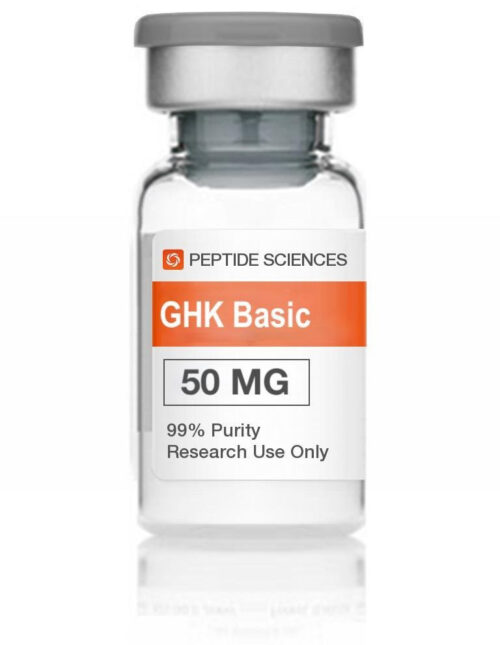
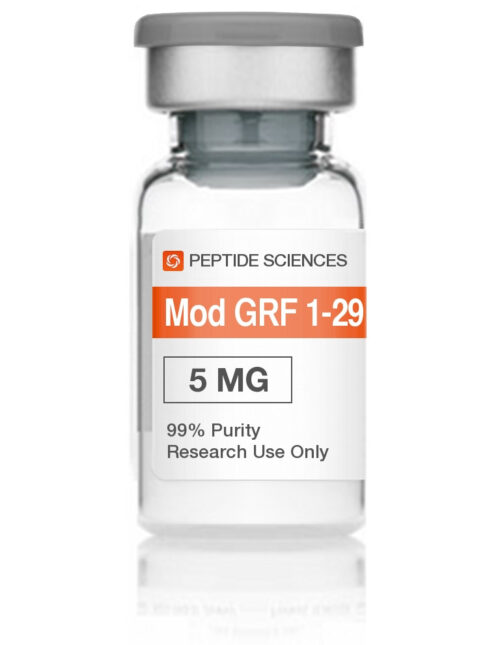
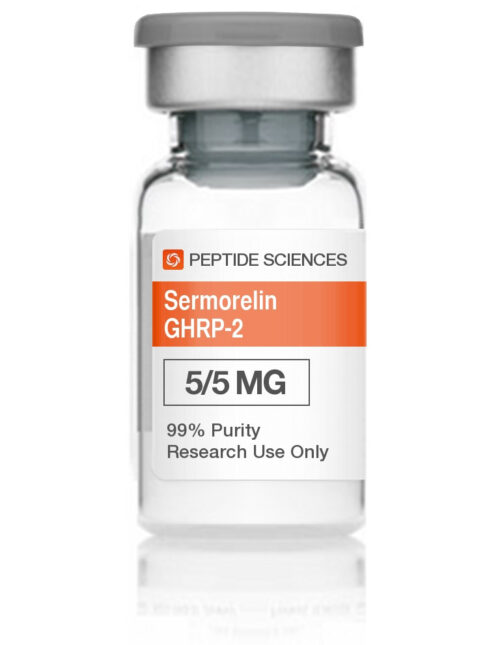
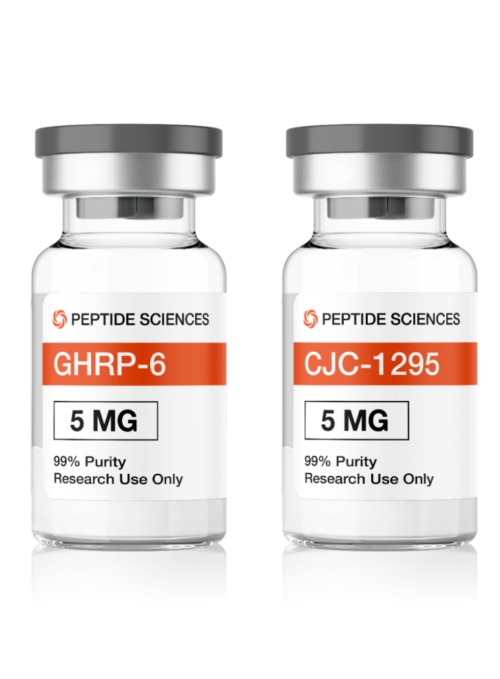

Reviews
There are no reviews yet.